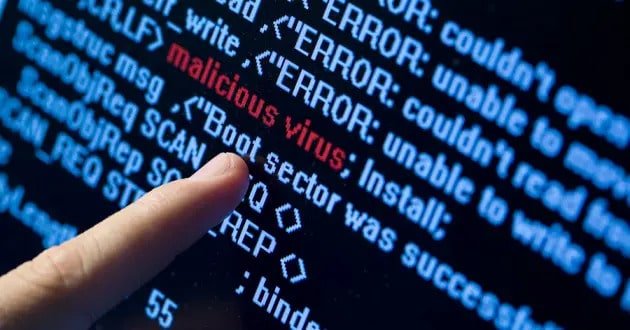If you're opening up a new computer straight out of the box or building one from scratch, here are some basic things you want to take care of first.
Uninstall Bloatware
Both Mac and Windows like to pre-install "helpful" software. Some programs have some uses, but most of them are just bloatware.
Any piece of software that takes up hard drive space and consumes a lot of memory is bloatware.
It's best to uninstall bloatware as soon as possible.
If you're on Windows, open Settings > Apps > Apps & features. Just click the program and then click "Uninstall".

If you're on a Mac, you can go to the Applications folder and just the app to the trash bin. But sometimes this won't always delete an app. You may need to change the Read and Write privileges to fully uninstall it.
Look for anything that isn't necessary for your computer to function; photo apps, games, or old software. Things like Silverlight and Java can go unless they're necessary.
Install Anti-Virus
When you get a new computer, you'll be installing all your favorite apps. But hopping from website to website can be risky.
That's why it's crucial to set up your antivirus client ASAP.
Even if it's something temporary like a free trial, put something in place that will actively scan your drives when downloading.
Antivirus clients should have emergency and periodic scans, and updates, and should be easy to use. And it should be light on resources, so it does not slow down your computer.
Also, both Windows and Mac have built-in antivirus clients too. You can tweak the settings so they can start working immediately.

Check for Updates
Check for Windows or Mac updates as soon as you can. Sometimes new computers are not shipped with the latest patches.
Windows and Mac updates contain patches that can fix security flaws that cause viruses.
There are also driver updates that help the hardware in your computer run smoothly. BIOS updates are the most important.
Wrapping Up
Now that you've gotten the basic stuff out of the way, the next step is to make your computer private.
Opt for privacy-based browsers like Brave or Tor to protect browsing history.
Try using Brave Search instead of Google when searching for things.
And keep your VPN handy so your internet traffic is hidden and encrypted.


















